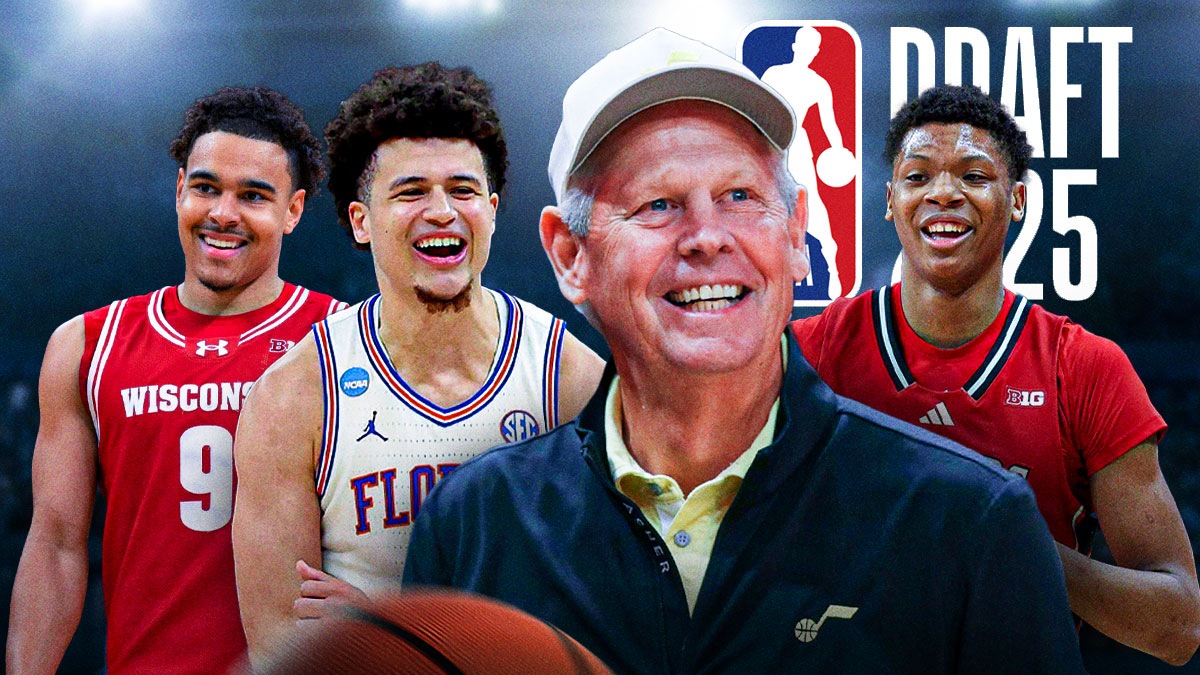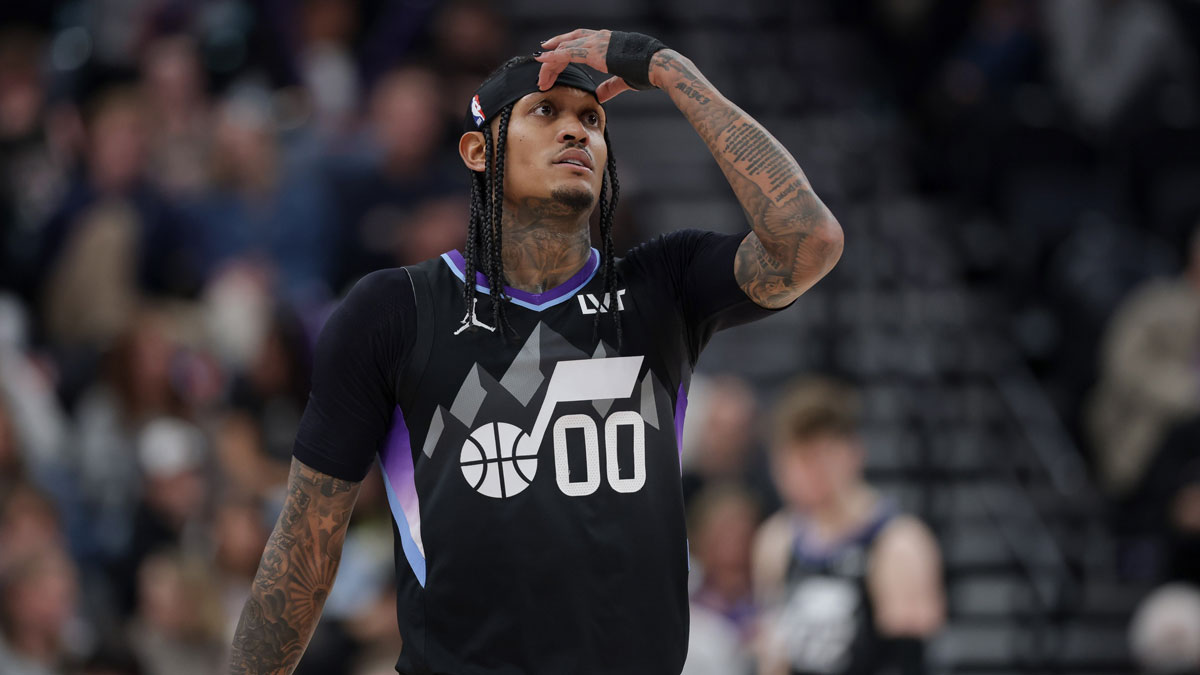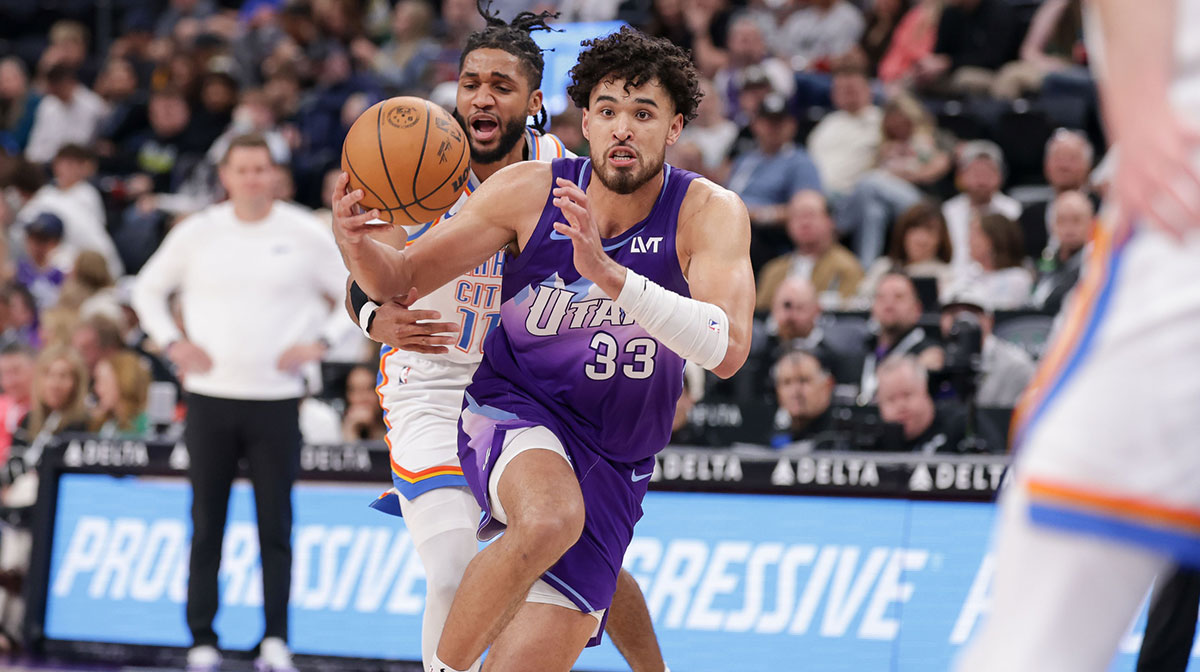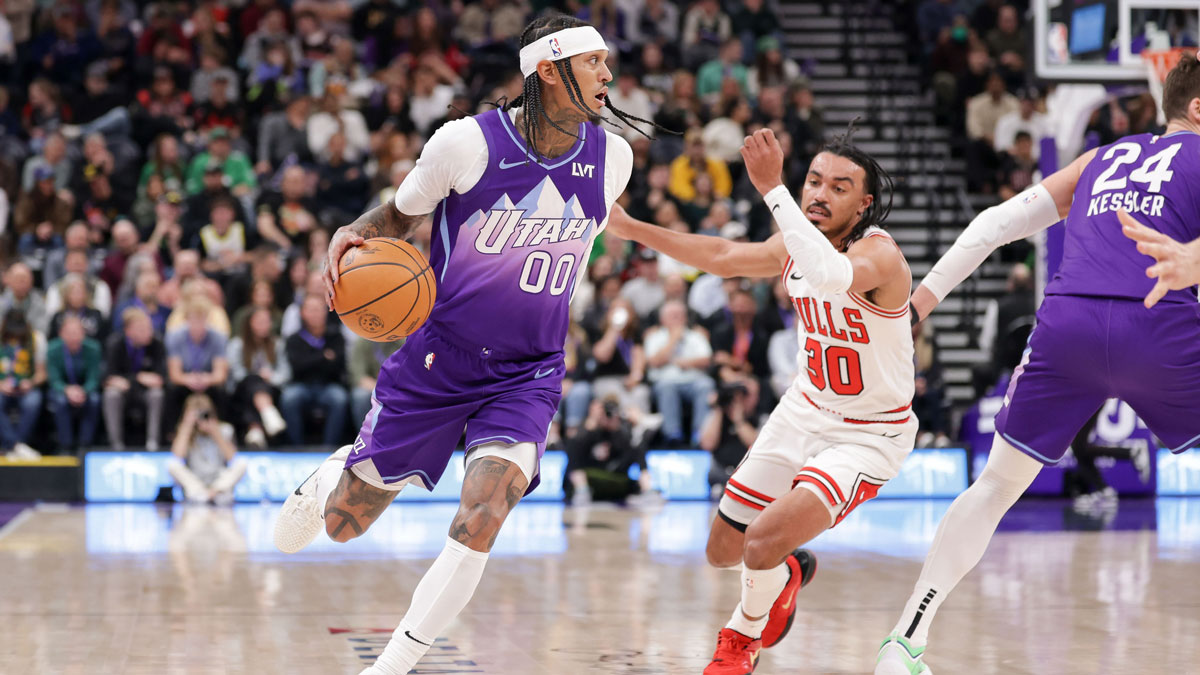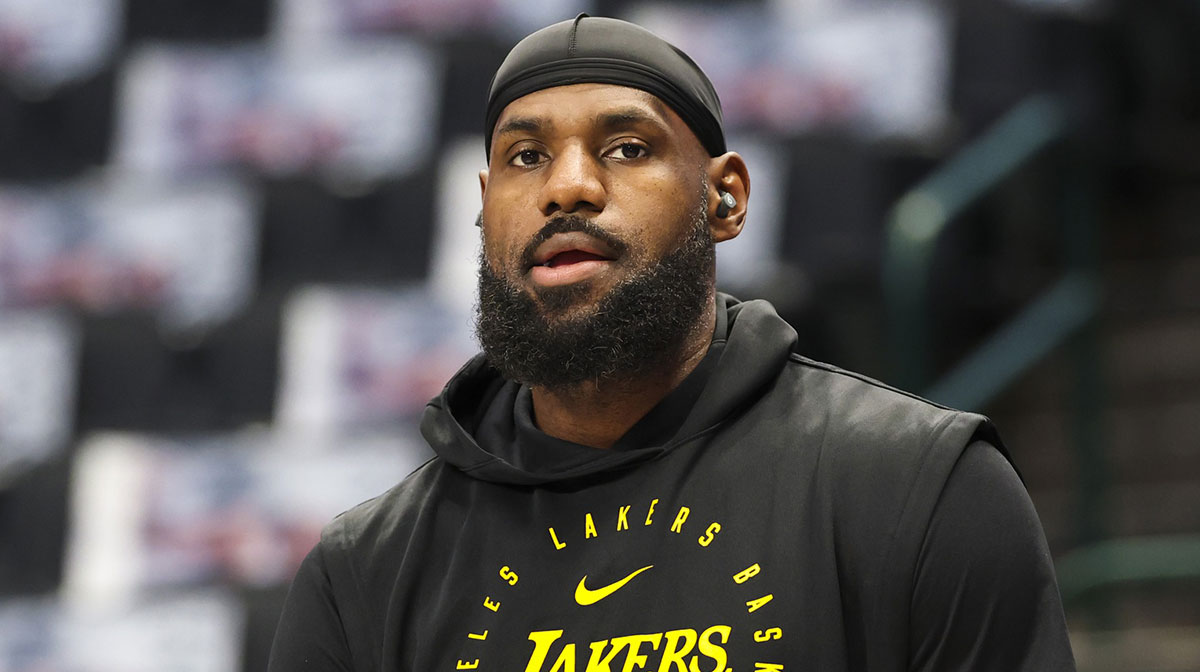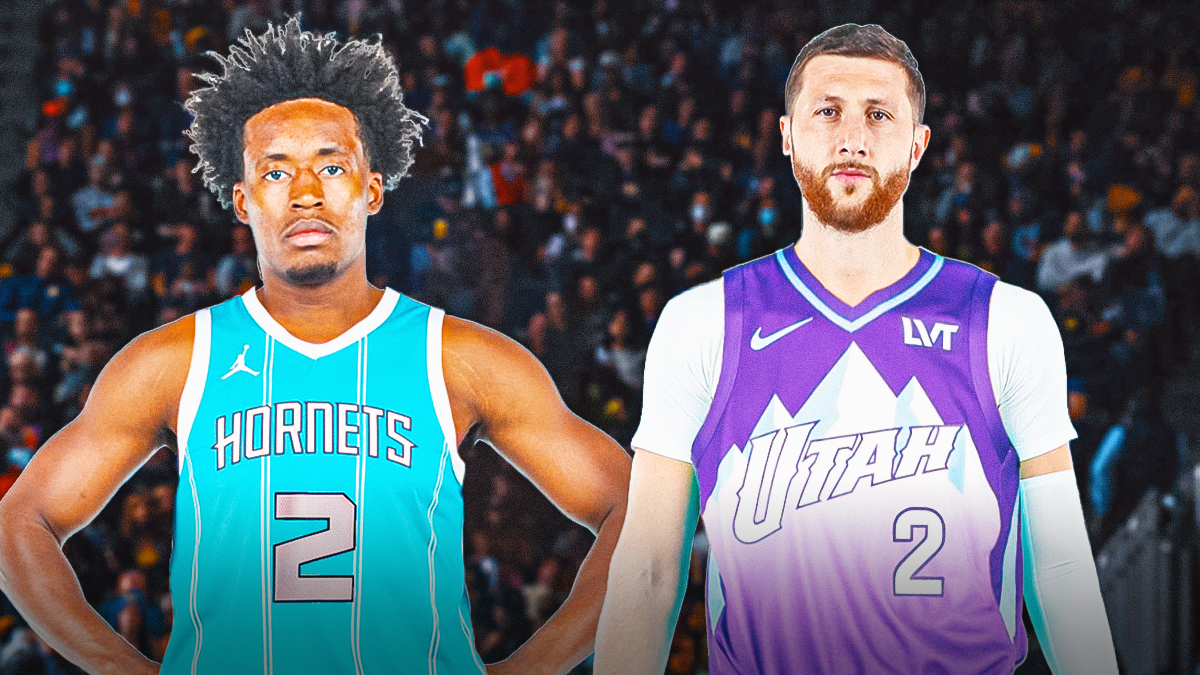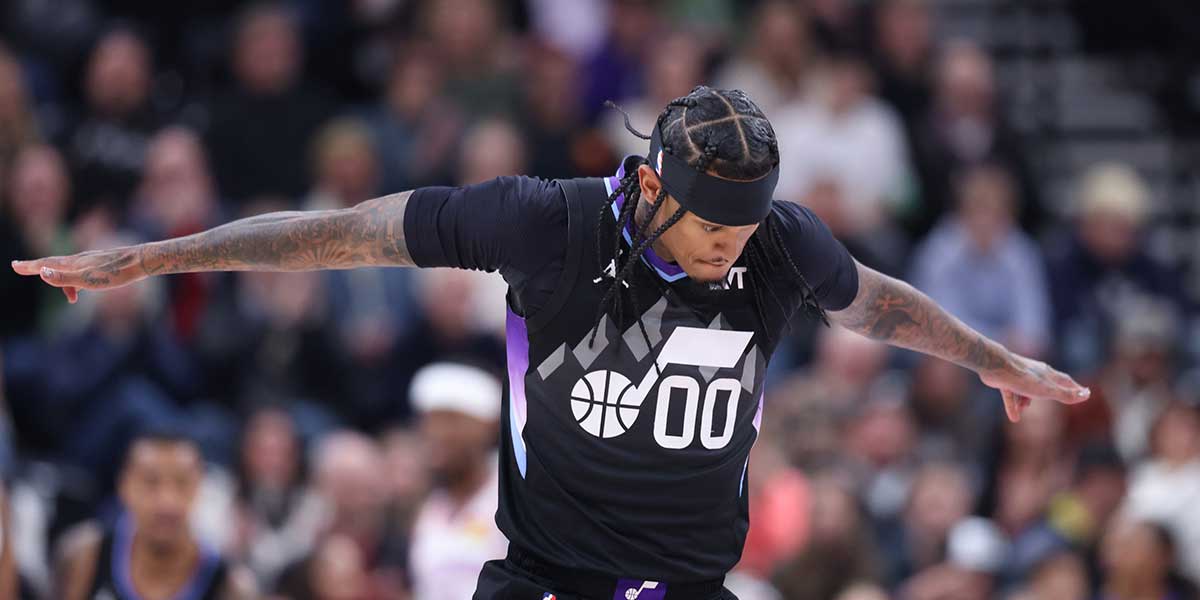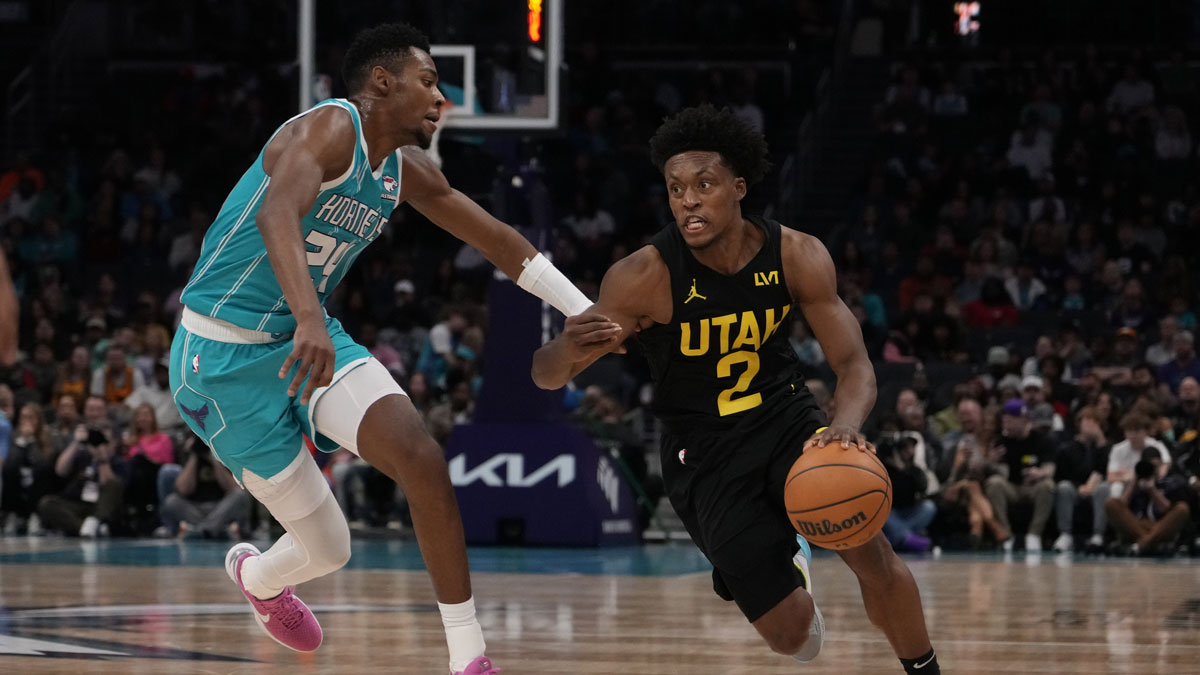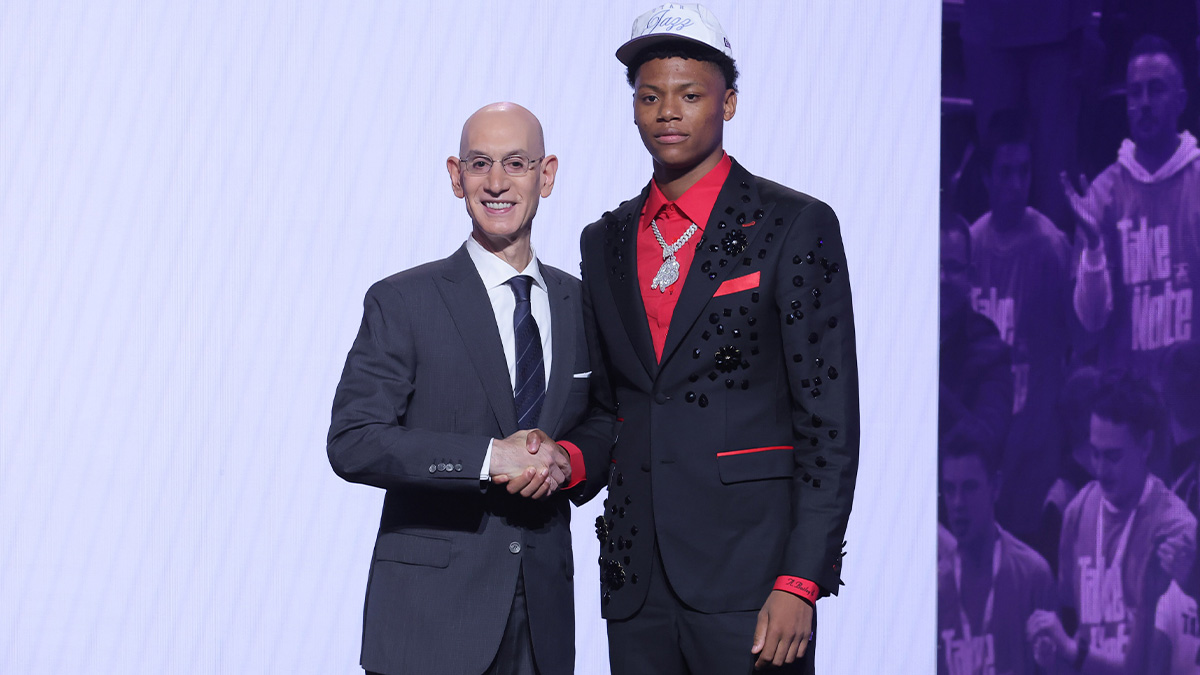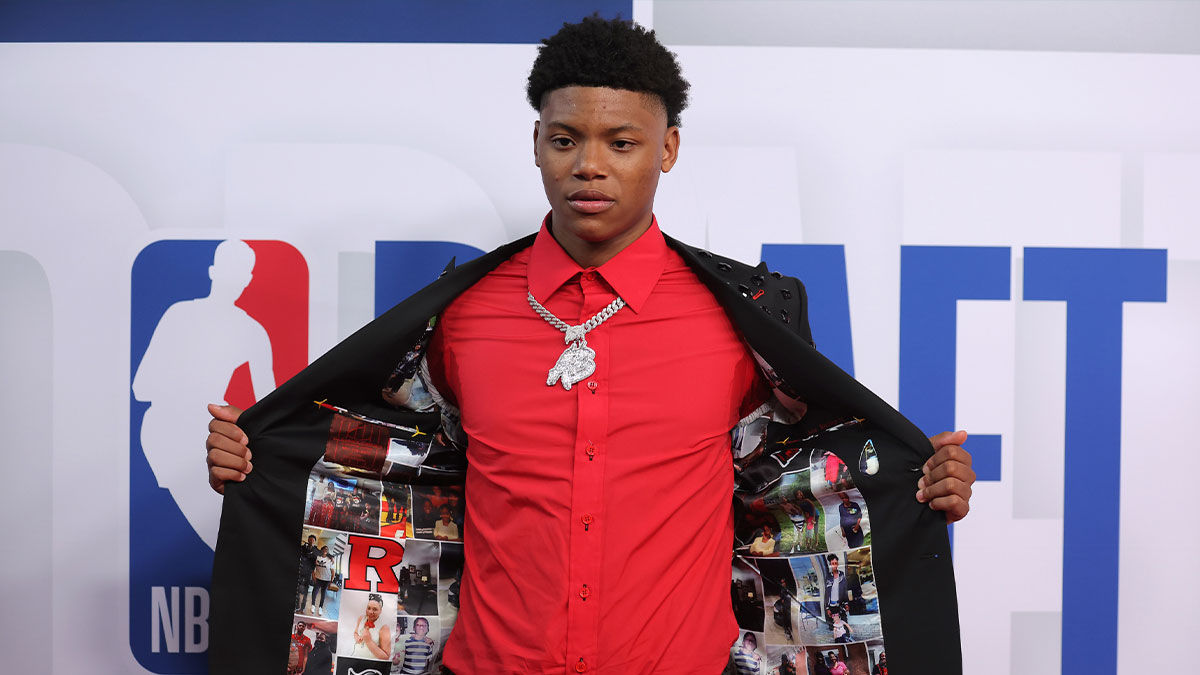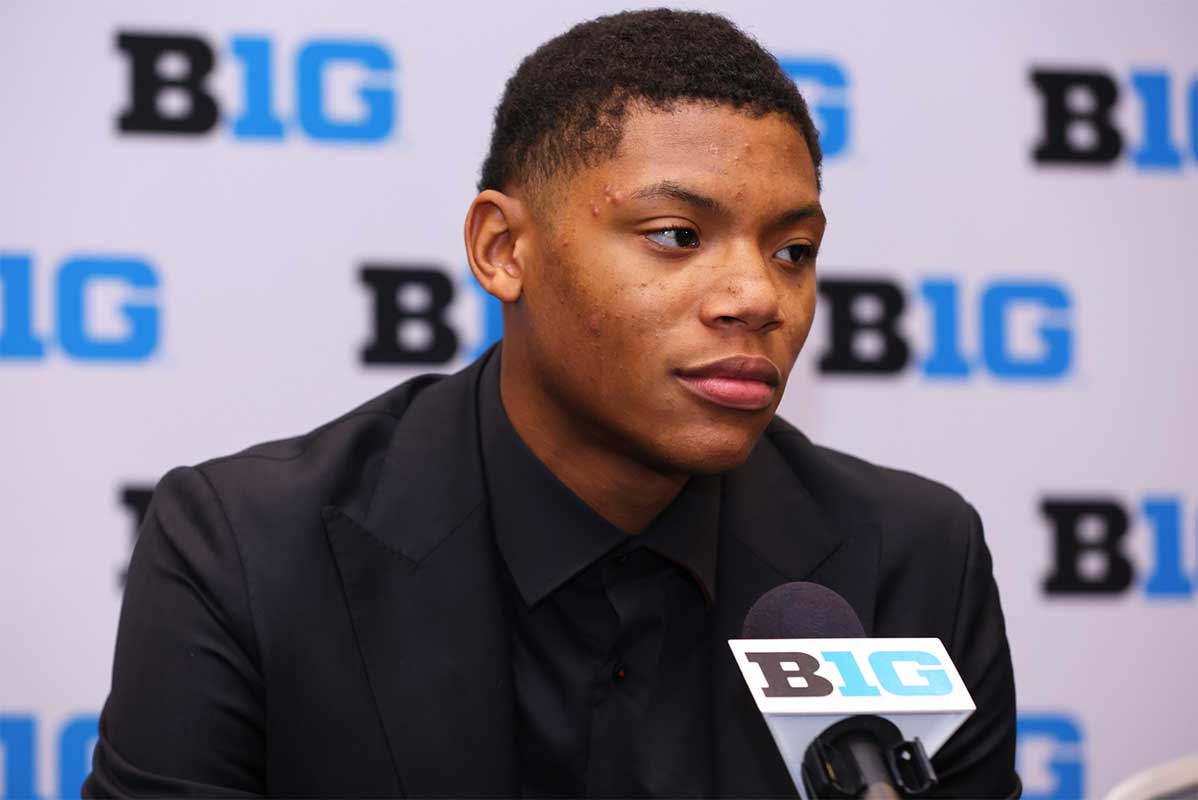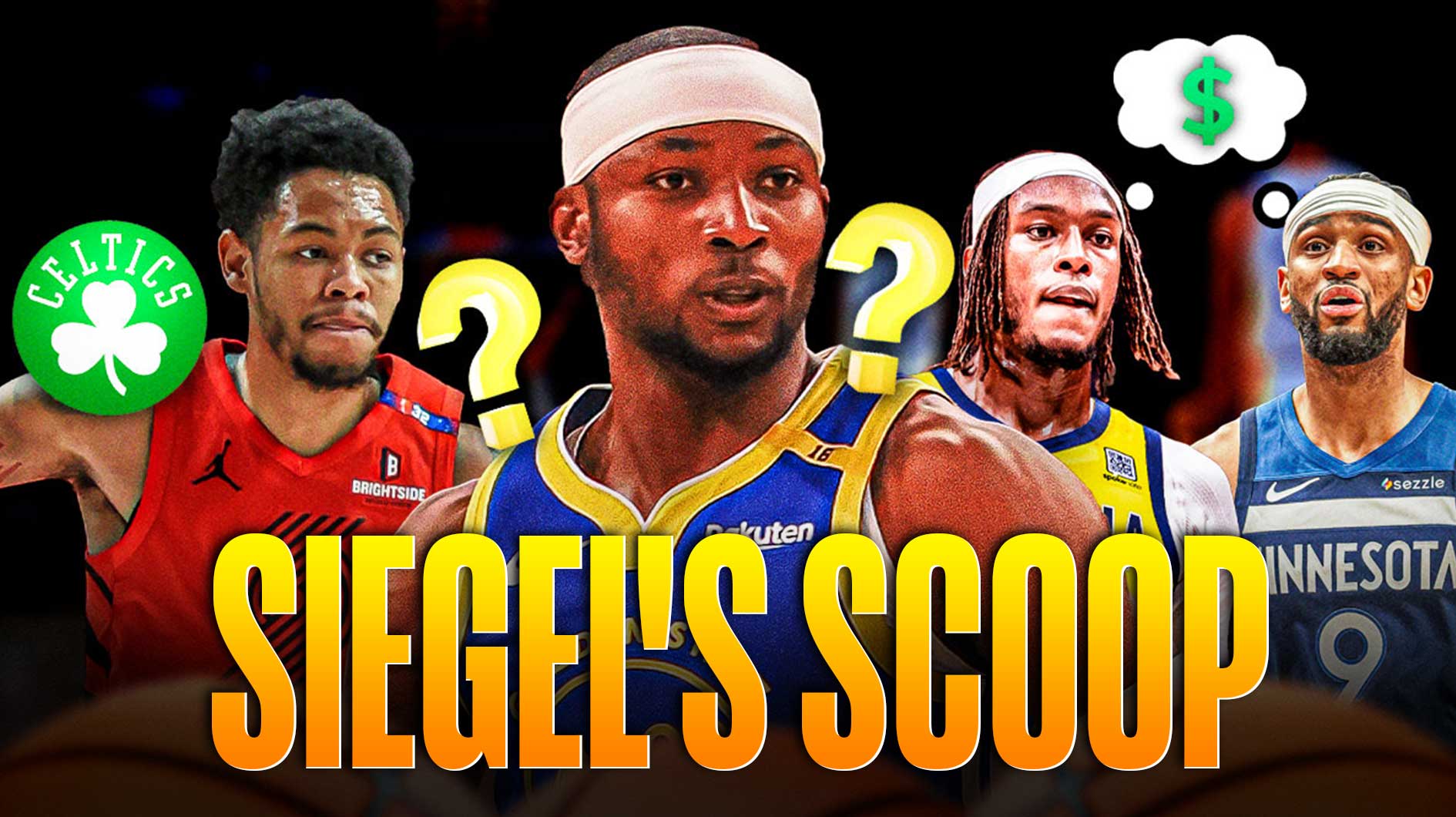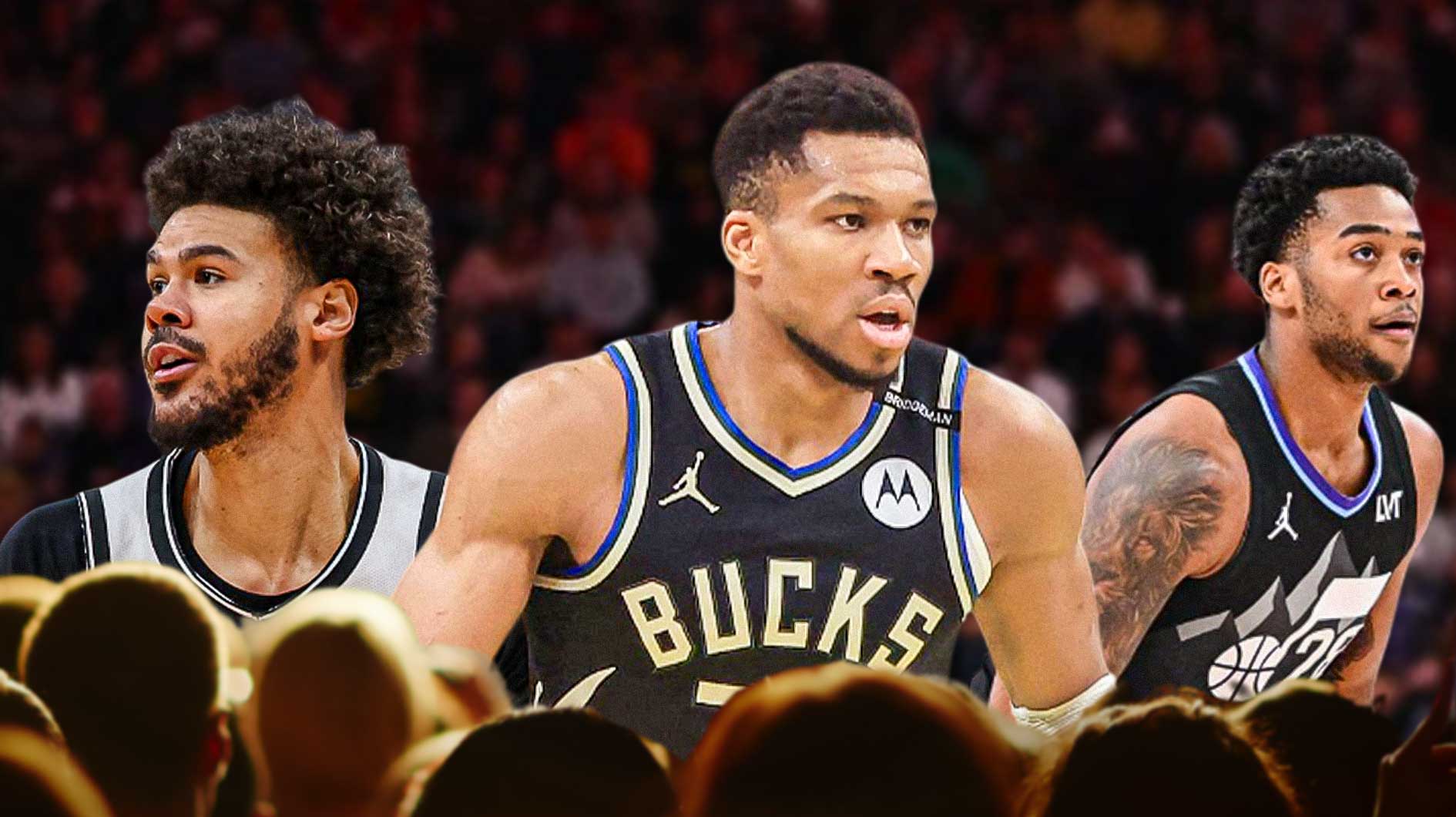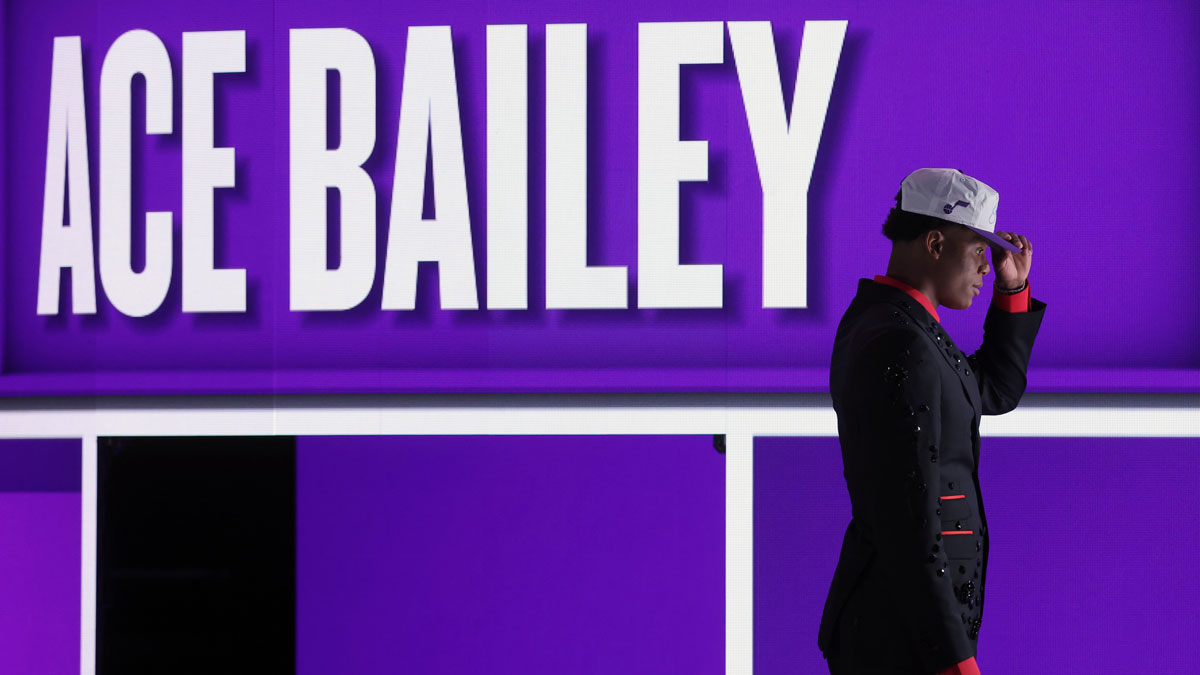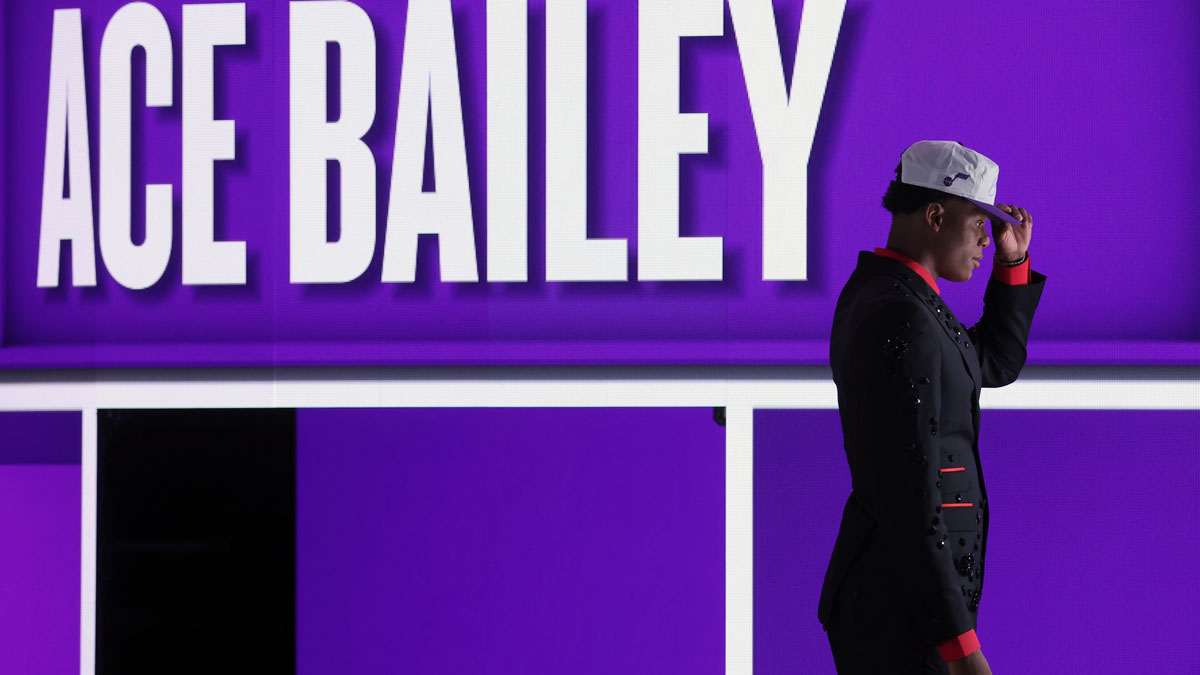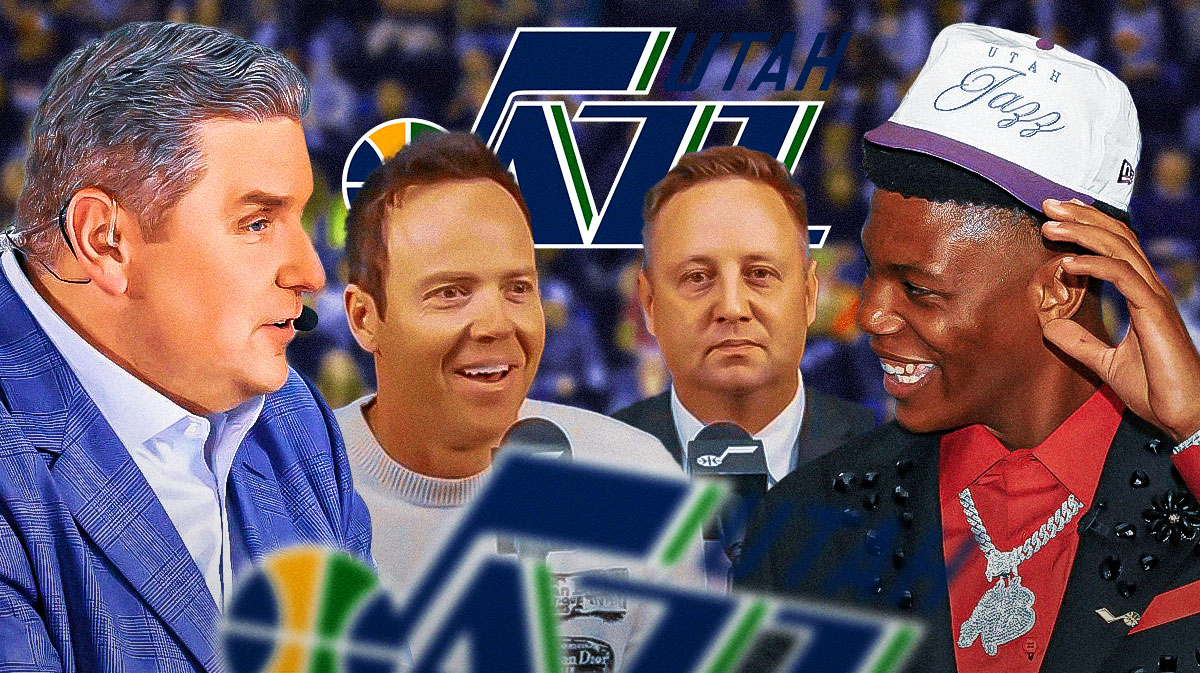The Utah Jazz were a top-five team in the league after January 1st. They went 32-13 following a brutal opening two and-a-half months to the regular season, finishing sixth in offense and first in defense after the calendar flipped to 2019, good for a third-ranked +7.7 net rating, per NBA.com/stats. But another campaign marked by a major midseason surge didn't change Utah's fortunes in the postseason, as they again bowed out to James Harden and the Houston Rockets, this time in the first round pound of the playoffs.
The frustrating tenor of that series made it more clear than ever: changes were needed for the Jazz to live up to the promise of their regular-season performance when the games really began to matter. Less than 24 hours after Utah's season was ended by the Rockets, general manager Dennis Lindsey implicitly confirmed they were coming, too.
“We want to move the group forward,” he said on April 25, per Mike Sorenson of the Deseret News. “And while we have a very good team, the results told us that we don’t have a great team.”
Nearly two months later, the Western Conference has changed more than anyone could have anticipated. The Golden State Warriors, as the basketball world has come to know them, no longer exist until further notice. The Los Angeles Lakers finally gutted their roster to trade for Anthony Davis, and Houston, depending on whose word you believe most, could be on the verge of collapse. Utah, it turns out, would have ascended up the championship pecking order by simply staying the course with its core, making minor tweaks to the edges of Snyder's rotation.
But that approach wouldn't have solved any of the problems the Jazz have faced against the Rockets each of the last two springs. And as singular as its defensive approach sometimes seemed, Houston's switch-heavy scheme was hardly one that couldn't be successfully replicated by most any potential playoff foe versus a team with the limited offensive personnel of Utah. Weaknesses are magnified and strengths are mitigated in the postseason. Forced to rely mostly on their system to create efficient scoring opportunities due to both a lack of shooting and dynamic individual scorers, the Jazz, as previously constructed, were always going to struggle offensively against playoff opponents.
Not anymore.
Mike Conley isn't some individual panacea, the type of playmaker who can single-handedly lift his team's offense above a majority of others. The Memphis Grizzlies used grit and grind for all those years because both their personnel and fan base lent themselves to that ethos, but it goes without saying they would have abandoned it if the singular presence of Conley led to a championship-caliber offense. It never did, and it won't with Utah. Snyder's offense will still be more about creating small advantage after small advantage through constant ball and player movement than anything else.
But the ripples of effectively replacing Ricky Rubio with Conley at point guard will be felt across the floor, and the roster, regardless. During a down year last season from beyond the arc, Conley shot far better on both catch-and-shoot threes and pull-up threes than Rubio has in any of the past six seasons, the furthest tracking data on NBA.com/stats dates back. He's certainly not Steph Curry or even Damian Lillard, but in the past Conley has shown the ability to make defenses pay for going under ball screens or in general giving him space to launch from beyond the arc. He shot 33.9 percent on pull-up triples last season, just better than Jamal Murray, and he drained 39.4 percent on a career-high 3.6 off-dribble tries from deep in 2016-17.
The respect defenses will pay Conley away from the ball is just as significant for Utah. The ongoing development of Donovan Mitchell as a creator has to this point come through the lens of the opposition, no matter who it is, routinely cheating an extra couple steps off Rubio to muck up the Jazz's primary action – an especially debilitating dynamic when sharing the floor with both Rudy Gobert and Derrick Favors. Utah, despite some major ebbs and flows, faring better than expected while playing a pair of traditional big men alongside Rubio suggests the team will enjoy a higher degree of success in that scenario with a threat like Conley in Rubio's place.
That's maybe the most significant aspect of the Conley trade likely to go overlooked, too – the prospect that the Jazz can so seamlessly integrate Conley they won't have to veer too far from their established identity to maximize his influence. The Toronto Raptors won the Larry O'Brien Trophy after playing Marc Gasol and Serge Ibaka together for 108 minutes throughout the playoffs, far more than most assume tenable.
Gobert and Favors can't match the combined stretch or passing utility of Toronto's interior tandem, but Utah has always believed in the viability of its old-school frontcourt more than the rest of the league, and Conley's addition is poised to make it more viable than ever at a time when Golden State's Death Lineup bogeyman no longer looms.
The Jazz, to be clear, will miss Jae Crowder. Expect Lindsey to scour the market for a veteran wing with the room exception come July who can fill Crowder's role as a small-ball four; Georges Niang just isn't quick enough defensively to assume it on a full-time basis. There's still a chance Utah waives Favors to chase a more expensive player cut from the same malleable, three-and-D cloth, too. The team would also be well served finding a stand-in for Kyle Korver.
Either way, acquiring Conley substantially raises the Jazz's ceiling. Mitchell is no longer his team's only imminently dangerous ball-screen or isolation operator. Joe Ingles can revert back to a more supporting role offensively, spotting up for open threes and probing scrambling defenses after ball reversals. Conley isn't a genius table-setter like Rubio, but Gobert and Favors stand to get more easy buckets regardless simply by virtue of a paint unclogged by defenders who must stay attached to Utah's perimeter players.
The Western Conference is absolutely wide open. Even before Wednesday's trade, the Jazz's hopes of legitimate contention seemed more realistic than at any time since the late 2000s. And with Conley in the fold, they could enter next season with as good a chance as anyone to play for a title.

